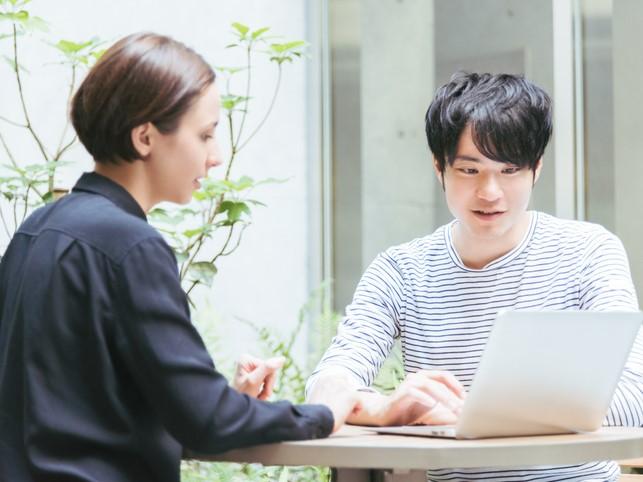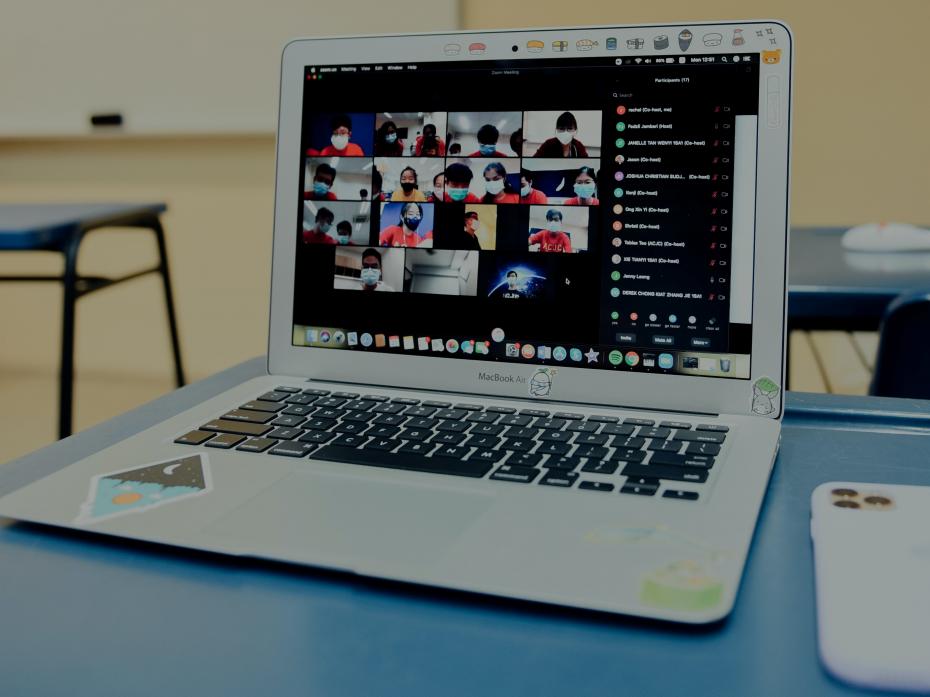With university graduates entering increasingly globalised workplaces, the need to foster their intercultural and global citizenship skills is ever more pressing. To help meet this need, the University of Edinburgh developed the Network for Intercultural Competence to facilitate Entrepreneurship (Nice) in collaboration with seven other European universities.
This blended learning programme aims to enhance student employability. It facilitates the development of intercultural competencies and entrepreneurial skills then offers opportunities for their practical application in real-life situations to address global challenges. The programme comprises online modules and regular live online sessions during term time, followed by a physical summer school focused on project-based learning, design thinking, social innovation and business in context – the summer school pivoted fully online during the pandemic.
Students collaborate in virtual transnational groups using a custom-built online platform that allows them to access interactive content as well as share comments and materials with each other. Institutions looking to implement VE programmes can create similar virtual collaboration spaces using Moodle or WordPress, for example, as well as tools such as Canva or Padlet to encourage engagement.
Virtual exchange (VE) initiatives can take many forms, including:
- connecting courses at different universities through a shared project
- designing a new course around cultural dialogue in a virtual environment
- blending virtual and physical exchange, allowing for a shorter in-person experience that is both highly impactful and time- and cost-effective for students.
Here is our advice to anyone looking to set up a VE programme at their own institution based on the lessons we have learned while running this intercultural project:
1. Find the right partners
Internally, identify potential VE champions across your university, including in academic and professional services departments. Externally, consider approaching strategic partners or existing networks to assess interest. Depending on the kind of programme you are looking to create, you may need partners with complementary skills, expertise or resources. Start small with room to grow.
2. Build flexibility into the programme
Organising a VE programme for students at different institutions can be challenging, not least because academic calendars do not always align. For this reason, it is important to allow individual students and intercultural teams the flexibility to work at their own pace through loosely structured course milestones.
3. Pay attention to group size
One of the biggest challenges with running a VE programme is managing student engagement, dropouts and absences. This can be especially challenging when students are not receiving academic credit, as they often prioritise compulsory coursework. When students drop out, it impacts group dynamics and can have a knock-on effect for the rest of their team, as fewer students participate in discussions and those who remain may question their own motivation.
When a team becomes too small to operate effectively, which is generally three students or fewer, early enough in the programme you can merge groups but this can be a time-consuming process. For the 2021 round of Nice, we increased the size of the groups from five students to six, and as a result we did not have to merge groups during the programme. With six students in each team, one or two could drop out with little effect on the rest of the group, while the number remains small enough for students to establish the interpersonal relationships that are so crucial to VE. Beyond seven students, the virtual team dynamics can be impacted, with decision-making becoming harder and longer to achieve and therefore losing momentum and commitment.
4. Train facilitators to manage group dynamics
Facilitators play a crucial role in keeping students engaged and on track throughout a VE programme. They must be trained to model best practice in intercultural communication, as well as to enable discussion and encourage students to reflect on their experiences. Facilitators set objectives and help clarify the learning and progress achieved, and they accompany the group through the stages of collaborative decision, activation and reflection.
We found that an extensive series of in-house training sessions, access to Erasmus+ Virtual Exchange resources, and online catch-ups at critical points during the programme helped facilitators build confidence, share experiences and troubleshoot issues together.
5. Use alumni as facilitators
One of the most significant resource burdens for VE programme partners is providing facilitators to support each student team. For the 2021 round of NICE, we reached out to alumni from the 2019 and 2020 cycles of the programme to recruit facilitators. We also sent out a call for university staff interested in a professional development opportunity, or who just wanted to experience first-hand how a VE programme works. While the role was unpaid, many alumni and staff came on board to gain skills and take part in an innovative programme to boost their CVs.
Making international education accessible
We believe portfolios of funded short-term blended or virtual opportunities allow students from a widening participation background, or with caring responsibilities or different abilities, to engage in high-impact, meaningful intercultural encounters, and access the personal and professional benefits of an international experience.
The University of Edinburgh was awarded Erasmus+ Key Action 203 Strategic Partnership funding by the European Commission in 2017 and developed Nice in collaboration with University College Dublin, University of Lund, University of Padova, University of Göttingen, University of Iasi, University of Salamanca and the University of Amsterdam.
Justine Seran is student well-being manager at Edinburgh Medical School and Randall Reinhard is study and work away projects adviser at Edinburgh Global, both at the University of Edinburgh.




comment